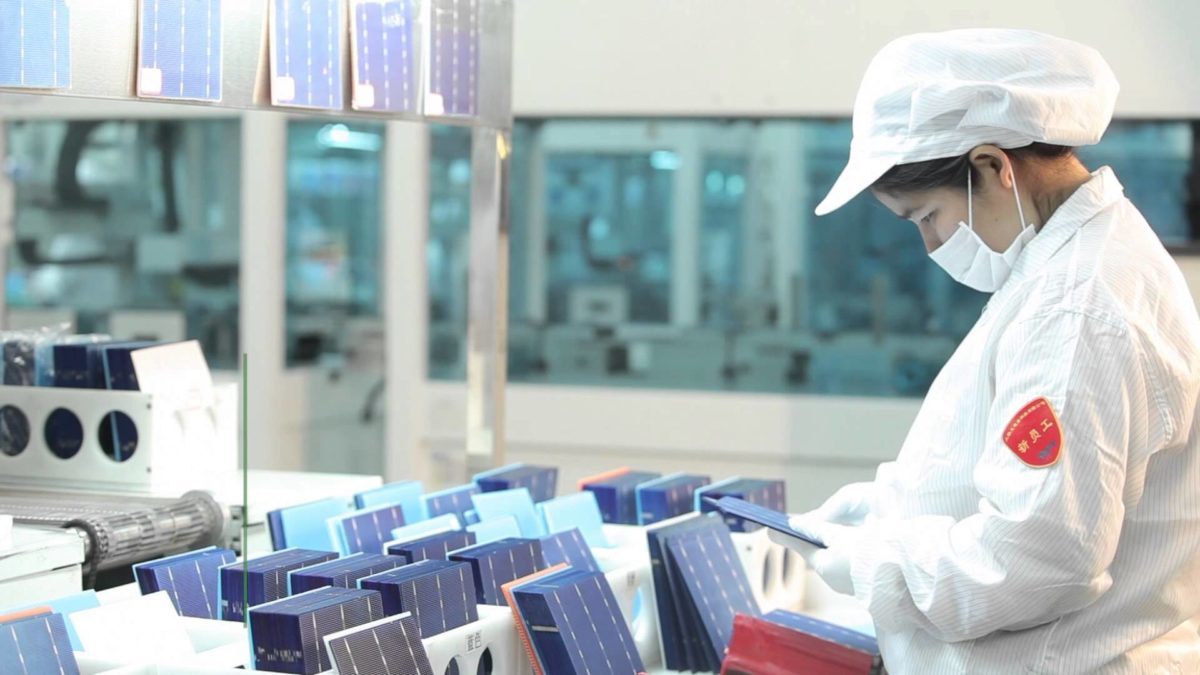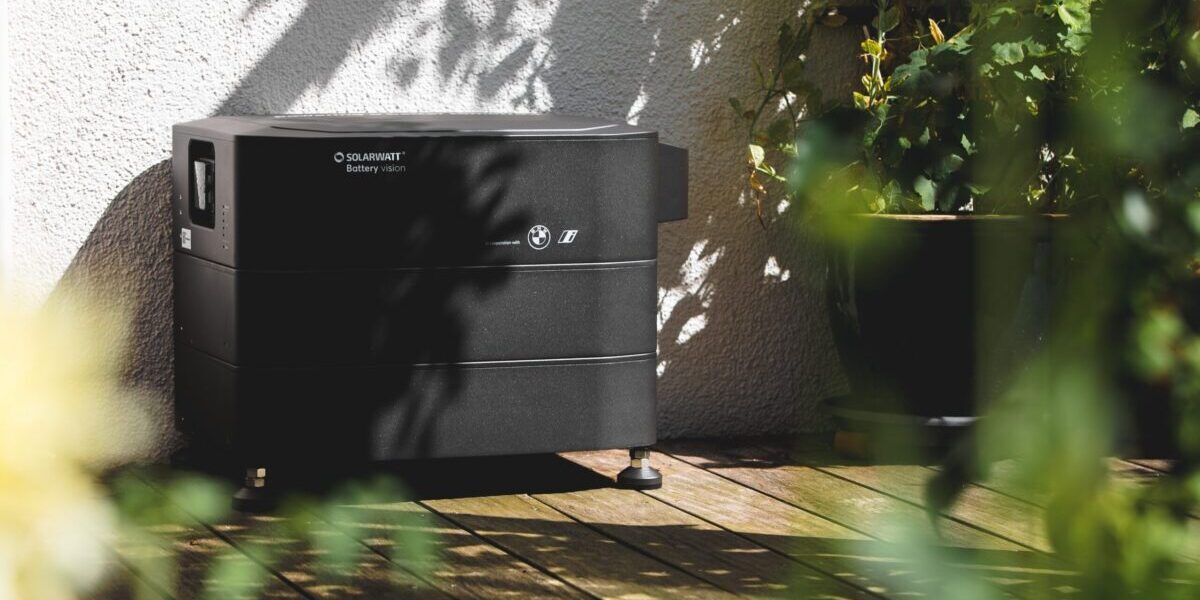JinkoSolar’s plans to build a factory in Jacksonville, Florida, have been the worst-kept secret in the solar industry. However, due to the company’s tight-lipped PR, little has been known about the details of the factory, or exactly what it will produce.
That is, until now. In a filing last Friday to the U.S. Trade Representative seeking an exemption for cells, a law firm representing the Chinese PV maker revealed a number of details about the planned factory at 4660 New World Avenue.
Chiefly, the filing asks for an exemption for 158.75 mm square P-type mono PV cells utilizing passivated emitter rear contact (PERC) technology, which Jinko plans to import for use in the factory.
Jinko notes that these larger-format P-type mono PERC cells are not currently made anywhere else in the world and says that it plans to use these to make 72-cell modules with a slightly larger format than those typically found on the market.
Jinko’s request comes as P-type mono PERC appears to be rising in popularity. Less than a month ago LONGi announced that it had reached 23.6% efficiency on the cell level with P-type mono PERC technology, and the Chinese PV maker has predicted that due to low costs and high efficiencies, this technology will capture a larger share of the current market.
Modules based on 158.75 mm square P-type mono PERC cells will be only a portion of the total output of Jinko’s facility, estimated at 25% in 2019, and 50–85% in 2021.
In the filing, Jinko also stated it plans to open the facility in October, although it is notable that incentives from the city and state have not yet been finalized.
The expected capacity of the facility remains unclear. Documents from early March accompanying a request for incentives at the Jacksonville City Council show a smaller scale than earlier plans, envisioning only 200 jobs and a US$50.5 million investment by Jinko.
The company appears to be using the promise of a larger facility with more jobs as a tool in its negotiations, and the company has said that it will increase the capacity of its facility “up to 1.5 GW or more” if it receives an exemption, and is thus able to import larger quantities of cells.
“To date, the overwhelming majority of panels provided for the utility segment of the U.S. solar market have been imports,” notes the filing. “Jinko intends to alter that by supplying utility-scale consumers with domestically-made CSPV panels manufactured in Jinko’s new facility. However, Jinko will do so in substantial volumes only if the subject cells are excluded from the safeguard measure.”
However, for the first few years of the tariffs, there may be little need for an exemption. Under the Section 201 import duties imposed by Trump, the first 2.5 GW of cells imported each year are not subject to duties, and this is far more than is needed to meet the demands of those U.S. module makers who do not have cell facilities.
This content is protected by copyright and may not be reused. If you want to cooperate with us and would like to reuse some of our content, please contact: editors@pv-magazine.com.



By submitting this form you agree to pv magazine using your data for the purposes of publishing your comment.
Your personal data will only be disclosed or otherwise transmitted to third parties for the purposes of spam filtering or if this is necessary for technical maintenance of the website. Any other transfer to third parties will not take place unless this is justified on the basis of applicable data protection regulations or if pv magazine is legally obliged to do so.
You may revoke this consent at any time with effect for the future, in which case your personal data will be deleted immediately. Otherwise, your data will be deleted if pv magazine has processed your request or the purpose of data storage is fulfilled.
Further information on data privacy can be found in our Data Protection Policy.